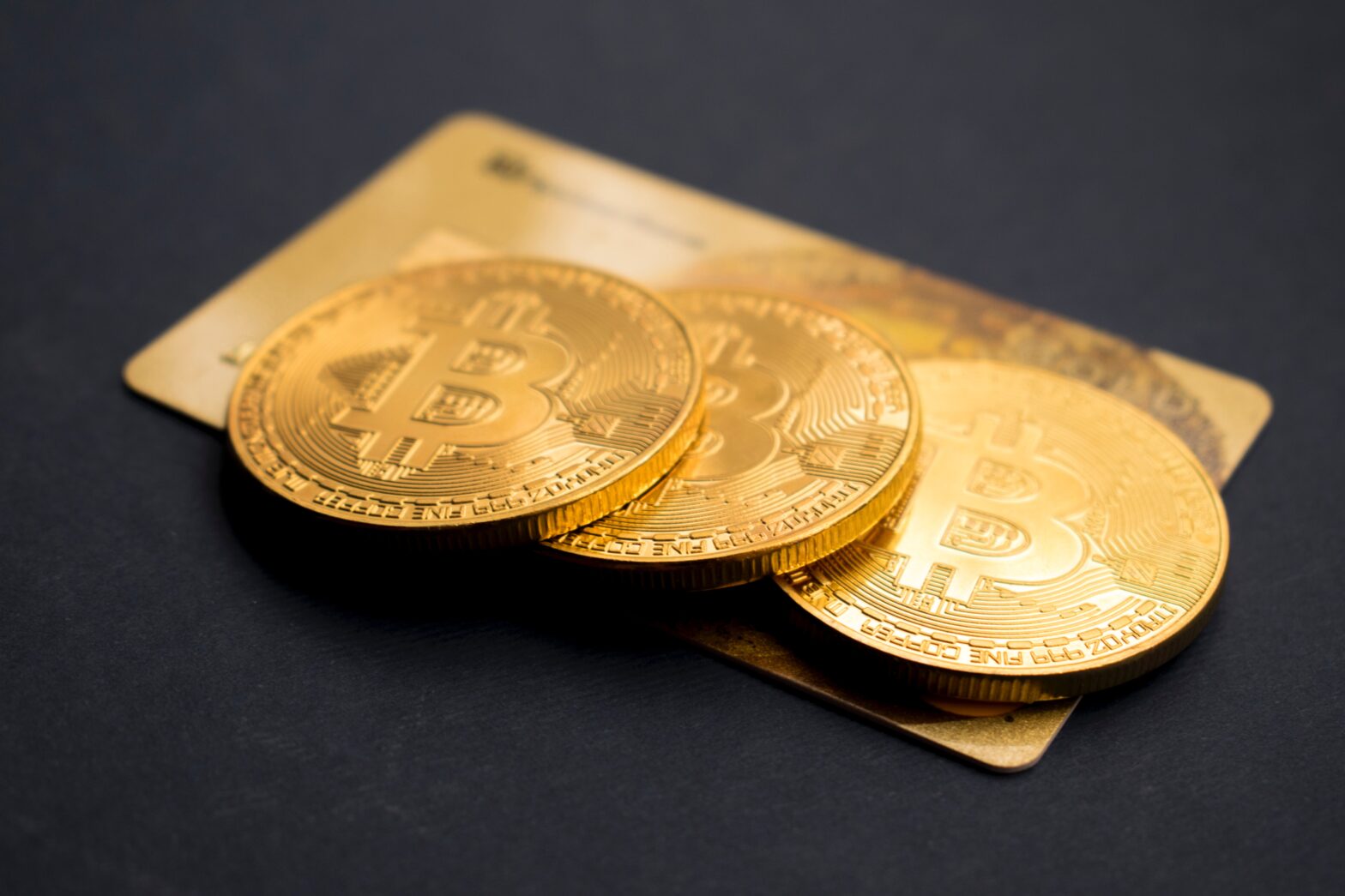20 January 2022
Bit on the slide?
By Paul Branch

While communications media of every shape and hue, not to mention the public at large, have been salivating at the prospect of the fall from grace of several universally-acclaimed celebrities, events in the world of high finance have not been standing still. In that high octane industry there is no breathless wait for the outcome of this or that judicial investigation. No … Big Money never sleeps, it is not answerable to mere mortals, and in its encrypted digital currency form it’s definitely on the move. The only question is: going up, or coming down?
In December little El Salvador became the first sovereign state to implement Bitcoin as official legal tender. As an incentive to take the currency to their hearts, the government awarded each citizen $30 worth of Bitcoin to keep in their new digital wallets or purses. A respected panel of crypto experts had earlier predicted that the adoption of Bitcoin by the smaller developing countries will fuel its steeply increasing trajectory, so that the cryptocurrency will probably surpass traditional forms of global finance by the year 2050, perhaps even by 2035. In so doing it will have replaced Gold as a global reserve asset, and we will all bid a tearful farewell to the old money we have cherished for centuries. Lots to look forward to then, not least of which will be the establishment of a snappy new term for our vocabulary – hyperbitcoinization.
Bitcoin is only one form of cryptocurrency in virtual circulation today, but it was the first, it is by far the most common and it is easily the most valuable. It’s also pretty volatile: on 15 January for example it would have cost you over $43,000 to buy 1 Bitcoin, quite a tad down on its all-time high of close to $60,000 but also about 5% higher than just one week previously. On 19 January the value had dropped to $41500, having slipped by $1000 in the previous eight hours. This kind of roller coaster performance is not for the faint-hearted. Not a problem for those who can afford to make huge losses, especially as the upside possibilities are so attractive, but for the man or woman in the street such volatility is best shunned.
The Bitcoin market cap is some $800 billion, or over 30% of the total crypto market, and Elon Musk probably has more of it than El Salvador. But sadly it’s not something you can store under the mattress or count in bed at night – it’s digital and virtual, and so far you can’t open a Bitcoin account with a traditional banking establishment. You can buy it as an investment, as you can with Gold, and you can spend it, unlike Gold. But Bitcoin and all the other cryptocurrencies are in the hands of private commercial companies, which is said by some to be the slippery slope to impending instability leading to global financial chaos.
The central banks of the world are less than impressed, obviously. They have no power or influence over the current cryptocurrency set-up, indeed they have no involvement. All they can see in their crystal balls is the decline of physical cash driven by huge tech companies as they gain excessive market power by launching their own unregulated currencies, overwhelming the traditional ways of doing business through the established commercial banking system. One alternative would be a so-called stablecoin, a crypto asset linked to a real world currency, but the Bank of England and the Treasury have their doubts as to just how stable this might turn out to be. Instead they have their own crypto proposal – a central bank digital currency (CBDC), which in the Bank of England’s case would be the digital pound with the somewhat obvious name BRITcoin. Giving evidence before the House of Lords committee on Economic Affairs last week, the BoE governor Andrew Bailey admitted that this could reduce commercial bank deposits by some 20% as money was moved out of traditional accounts, leading to a reduction in banks’ abilities to make loans, impacting not only their payments revenue streams but also restraining general economic growth. In the face of such competition banks would need to take measures to retain customers’ business, such as increasing interest rates on savings, although this would lead to increased lending rates and making charges for basic banking services to make up the revenue shortfall.
The venerable Lords were less than impressed by the Bank’s proposal, labelling it an inadequate solution in search of a problem. They poured more cold water on the idea by listing some inherent risks: state surveillance of people’s spending habits, financial instability in times of economic stress as bank deposits flow into CBDC, increased central bank power with insufficient scrutiny, and another vulnerable centralised target for hostile attack. In short, they concluded that the current free-market crypto currencies posed less of a threat than our own homespun alternative, and suggested merely a review of the appropriate regulatory environment. Quite a vote of confidence in the likes of Bitcoin, but maybe also an unexpected reaction against traditional state institutions and in favour of potentially dubious market forces.
Invented in 2008 out of the shambles of the financial crisis, as a means of avoiding fraud or other shady dealing, and used primarily as an opportunity for asset investment, Bitcoin can actually buy everyday essentials. With your digital Bitcoin wallet you can make purchases as with cash, a debit/credit card or a phone app. But living with Bitcoin as your only means of payment isn’t currently as simple as it might one day turn out to be. Last week an adventurous financial journalist, Brian McGleenon, carried out an experiment of trying to survive for a day in London armed only with Bitcoin. No cash, no cards, just his phone, a Bitcoin payment application (Revolut) and £110 in his digital wallet (0.004 BTC in new money). It took him all day to make just five transactions for food and services averaging half an hour each, with travel in between via the Bitcoin Black Cab Company run by the so-called Crypto Cabbie (forget trying the Tube or bus). Overall the impression was of slow transaction speeds, glacial adoption rates by businesses, and a yawning chasm between adverts on the internet for Bitcoin acceptance and the reality of minimal market penetration.
So, all is not rosy in the Bitcoin garden, and despite the initial enthusiasm of El Salvador there are institutional and practical hurdles to overcome. Clearly it will take a lot to turn a rich man’s investment vehicle and a secure way of storing the asset into a safe and convenient transactional currency. In that sense there seems to be no need to worry about the longevity of the current pound in your pocket, but given time and a great deal of development effort it looks as though crypto will serve a purpose as alternative currency, no doubt bolstered by the insistence of governments on tighter regulation in order to assuage public concern. Volatility, the last thing we want to see, is probably its most worrying drawback and could drag crypto currencies down a very slippery slope or delay its broader acceptance. But these are hurdles and doubts to be overcome by ingenuity and inventiveness, just like the internet and mobile phones.


